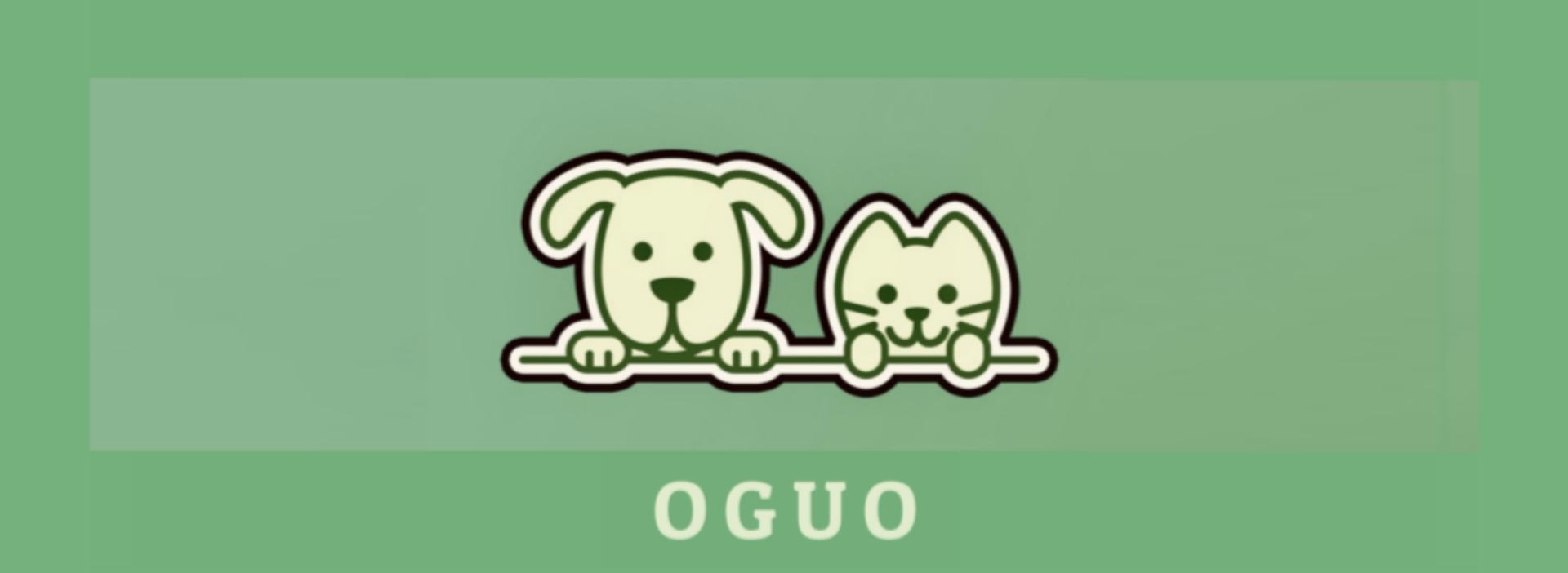티스토리 뷰
Why Does My Dog Lick Its Paws at Night? The Hidden Causes Behind This Habit
OGUO.official 2025. 3. 10. 18:14Dogs exhibit various behaviors throughout the day, but one of the most concerning habits for pet owners is excessive paw licking at night.
During the day, everything seems normal, but as soon as night falls, your dog suddenly starts licking its paws excessively.
"Is it stress?"
"Could there be an underlying health issue?"
"Is it just a habit?"
This article explores the scientific and behavioral reasons why dogs tend to lick their paws more at night, along with practical solutions that pet owners can implement to help their furry companions. 🐾✨

🔍 1. Why Do Dogs Lick Their Paws More at Night? Main Causes
Dogs licking their paws at specific times, especially at night, may indicate a combination of psychological, physical, and environmental factors.
✅ (1) Psychological Causes – Increased Anxiety at Night
✔ Separation Anxiety & Dependency on Owners
- Dogs that spend the day with their owners may experience increased anxiety when left alone at night.
- As a self-soothing mechanism, they may lick their paws to comfort themselves.
✔ Relieving Daytime Stress
- Lack of exercise, limited social interactions, or restricted outdoor activities can lead to pent-up stress, which may be released through excessive licking at night.
- High-energy breeds (Border Collies, Siberian Huskies, Dobermans, etc.) may engage in excessive licking to release their unused energy.
✔ Pre-Sleep Ritual (Habitual Behavior)
- Some dogs develop a bedtime routine involving licking their paws to relax before sleep.
- This behavior can become a self-soothing habit that helps them transition into rest.
✅ (2) Physical Causes – Skin Problems & Allergic Reactions
✔ Skin Allergies & Contact Dermatitis
- Dogs are exposed to grass, carpets, dust, and chemicals during the day, which may trigger allergic reactions.
- At night, indoor temperatures rise, or immune responses become more active, increasing itchiness and discomfort.
- Common allergy triggers include:
- Food allergies (chicken, beef, grains, etc.)
- Environmental allergens (dust mites, pollen, household cleaners)
- Dry skin conditions (indoor heating can make this worse)
✔ Eczema & Fungal Infections
- Dogs may develop moist dermatitis (hot spots) or fungal infections between their toes, leading to increased itchiness.
- Constant licking creates a cycle where excessive moisture leads to worsened fungal infections.
✔ Joint Pain or Neuropathy
- Conditions such as luxating patella (kneecap dislocation), arthritis, or nerve damage may cause discomfort.
- Older dogs, in particular, experience increased joint pain at night when their body temperature drops.
✅ (3) Environmental Causes – Sensory Changes at Night
✔ Heightened Sensitivity in a Quiet Environment
- During the day, external noises and activities distract dogs, but at night, they become more aware of minor physical discomfort.
- Even slight itchiness or discomfort can feel more intense at night.
✔ Changes in Humidity & Temperature
- Indoor air becomes drier at night, leading to increased skin irritation.
- If the floor is cold, dogs may lick their paws as a warming mechanism.
✔ Hunger & Stress Connection
- Some dogs experience anxiety related to hunger, causing them to lick their paws as a stress response.
- If dinner portions are insufficient or feeding times are irregular, paw licking may increase.
🎯 2. How to Stop Your Dog from Licking Its Paws at Night
🔹 ✅ Solution 1: Increase Physical Activity Before Bedtime
✔ If your dog has excess energy, schedule a 30–40 minute walk before bedtime.
✔ Include mental stimulation activities like nose work, puzzle toys, or treat-hunting games.
🔹 ✅ Solution 2: Maintain Skin Hydration & Health
✔ If paw pads are dry, apply coconut oil or pet-safe moisturizers.
✔ Regularly trim paw fur and use mild, fragrance-free paw cleansers to prevent dermatitis.
🔹 ✅ Solution 3: Establish a Stress-Relief Routine
✔ Before bedtime, give your dog a gentle massage or wrap its paws in a warm towel for added comfort.
✔ Aromatherapy using lavender can promote relaxation and reduce stress.
🔹 ✅ Solution 4: Identify Allergy Triggers & Health Issues
✔ If paw licking occurs seasonally, consider environmental allergies as a cause.
✔ For food allergies, try switching to a limited-ingredient or hypoallergenic diet.
✔ If excessive licking continues, consult a veterinarian for skin or joint health checks.
🔹 ✅ Solution 5: Control the Indoor Environment (Temperature & Humidity)
✔ Maintain an indoor temperature of below 77°F (25°C) and humidity between 50–60%.
✔ If your dog’s paws are cold, provide pet-friendly socks or paw protectors.
🐾 OGUO Perspective: Understanding Your Dog’s “Licking Habit” as a Health Indicator
A dog licking its paws at night is not just a habit but a potential warning sign from its body.
Anxiety, stress, allergies, skin conditions, and nerve issues can all contribute to this behavior.
Instead of simply telling your dog to "Stop!", it’s crucial to identify the root cause and address it properly. 🐶❤️
🐾 Even the smallest behavioral changes can reveal important clues about your dog's health! 🐾
📌 References
- Journal of Veterinary Behavior: Clinical Applications and Research (2023)
- American Kennel Club (AKC) – Canine Anxiety and Behavioral Issues
- Veterinary Dermatology Association – Common Allergies in Dogs and Their Symptoms
- OGUO Pet Research Center (2024) – Behavioral Analysis on Canine Stress Responses
🔥 Now that you understand why your dog licks its paws at night, let’s take action to help them feel better! 🏡
